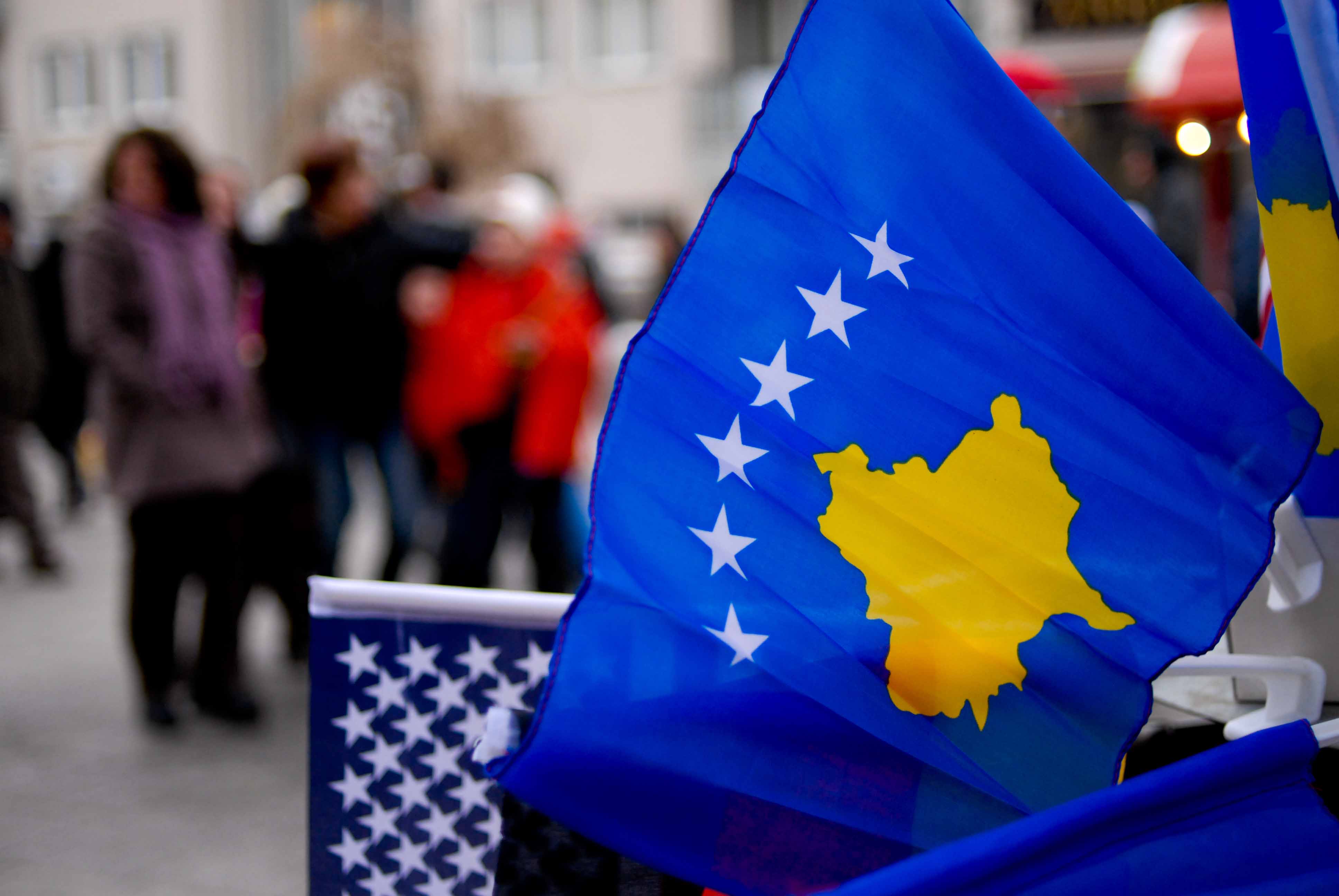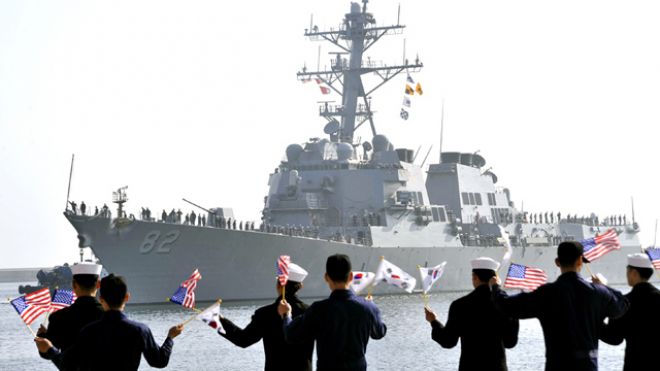On March 28, 1999, NATO airstrikes began bombing the Federal Republic of Yugoslavia (modern day Serbia and Montenegro). NATO’s stated mission was to stop the ethnic cleansing of Albanians in Serbia’s province of Kosovo. On June 28, 1999, the Kumanovo Treaty was signed with Yugoslav forces agreeing to withdraw from Kosovo and allow for the entrance of an international peacekeeping force. On February 17, 2008, Kosovo unilaterally declared independence from Serbia, and has been facing an uphill battle in its Euro-Atlantic integration process.
Since declaring independence, Kosovo has been aggressively lobbying for formal recognition within international institutions. These efforts have brought Kosovo some much needed political recognition, which it requires to blunt the efforts of Serbia to counter its political and diplomatic objectives for broader recognition. So far Kosovo has gained membership in the World Bank and International Monetary Fund, establishing a foothold in international organizations.
Despite these efforts aggressive Serbian lobbying has thwarted efforts by the Kosovo authorities. For example, Kosovo’s recent membership bid for UNESCO failed due to Serbia’s diplomatic efforts resulting in a lack of votes necessary for admission. More importantly, despite being recognized as an independent state by 112 UN member states, it still does not have the mandatory two thirds vote to be admitted as a member of the UN. Hypothetically, even if Kosovo did receive two thirds of the vote it would still require the entire Security Council to sign off on the vote. Though the USA, France, and the UK recognize Kosovo, Russia and China do not, and have indicated that they would use their veto powers to oppose formal recognition. Having their own issues with separatist groups, the Russians and Chinese strategically cannot allow for the vote to pass without jeopardizing their own sovereignty.
The dilemma presented by no formal recognition in the UN has had consequences for Kosovo’s NATO and EU ambitions as well. Considering that Spain, Greece, Romania, and Slovakia have not recognized Kosovo, Kosovo cannot enter formal membership talks until these NATO (and UN) members accept its declared sovereignty. This in turn also makes it impossible for Kosovo to participate in NATO’s Partnership for Peace program, which is considered a stepping stone for security cooperation between NATO and a partner state. Despite Kosovo’s not having a formal presence within NATO, NATO has a very clear presence in Kosovo.
Following the peace signed with Serbia, NATO deployed its own peacekeeping mission in Kosovo (KFOR) to deter hostilities and establish a secure environment for public safety and order. Importantly, the US established Camp Bondsteel in Kosovo, which happens to be the largest US military base in Europe, to deter future conflict , maintain security, and have a strategic presence of a NATO member country in the region.
In addition to issues related to sovereignty recognition, Kosovo faces immense internal problems. As a candidate for EU membership Kosovo has been struggling with adopting and implementing legislation that will bring it closer to EU accession. Youth unemployment is among the highest in Europe and the black market and Eurasian drug trade play a prominent role in the local economy. For example, Kosovo is a main transit route for Afghan opium and heroin as well as human trafficking bound for the Middle East. The EU’s Special Investigative Task Force best illustrates the extent of the black market, which implicated Kosovo’s political elite in organ trafficking of local Serbs. Given the difficult economic situation and the painful transition to a functioning capitalist democracy, many from Kosovo have sought opportunities in Western Europe. In fact, a large number of migrants from the Balkans were Kosovo Albanian and Roma asylum seekers..
As a result of the difficult situation some Kosovo Albanians have ironically found solace in ISIS and Al-Qaeda during the recent conflicts in Iraq and Syria. Though jihadi warriors aren’t flocking to the Middle East from Kosovo en masse, Albania was visited by Osama bin Laden during the war in 1999, and Al Qaeda’s footprint has been solidified in Kosovo, and to a certain extent in Albania, despite the US’ support for independence. Some XXX Albanian fighters have left to fight for Al Qaeda and ISIS since the war in Iraq began. Some have even been caught plotting acts of terrorism against the US itself such as the Fort Dix attack plot in 2007. Though these issues are a serious concern for Kosovo, they are less of an internal issue for Kosovo as is the problem of the remnants of the Serb minority in Kosovo.
Since the halt of hostilities in 1999, the Serbian minority in Kosovo has been unwilling to participate in nation-building and instead has preferred to affiliate with Serbia and its efforts to maintain some form of influence over its breakaway province. So far the Kosovo authorities have yet to figure out how to integrate the Serbian minority into the nation as animosities still run high between Serbs and Albanians. In March 2004, what has been called a pogrom occurred of an organized attempt of 50,000 Albanians to expel more Serbs from Kosovo before KFOR military personnel could intervene. The devastation left in the wake of these attacks left 4000 Serbs homeless, 900 houses belonging to Serb, Ashakali, and Roma destroyed, and 35 Orthodox churches and monasteries destroyed and desecrated.
Following these attacks little enthusiasm remains within the Serbian community for a multiethnic/multicultural Kosovo. This has been made abundantly clear by the opposition in Kosovo’s parliament which has been inhibiting the signing of an EU brokered deal to grant the remaining Serbian communities local autonomy.
Kosovo is a fragile state and is in no position to offer much to NATO’s alliance. It already benefits from the largest US military base in Europe and as a result its NATO membership would only be symbolic. In addition, not all NATO members recognize Kosovo as a sovereign state and therefore until all members agree on its sovereignty, Kosovo faces an uphill battle with an agitated Serbia which is also struggling for EU integration. For its Euro-Atlantic candidacy to proceed, Kosovo needs to address its internal issues before it take any accession talks into consideration.




